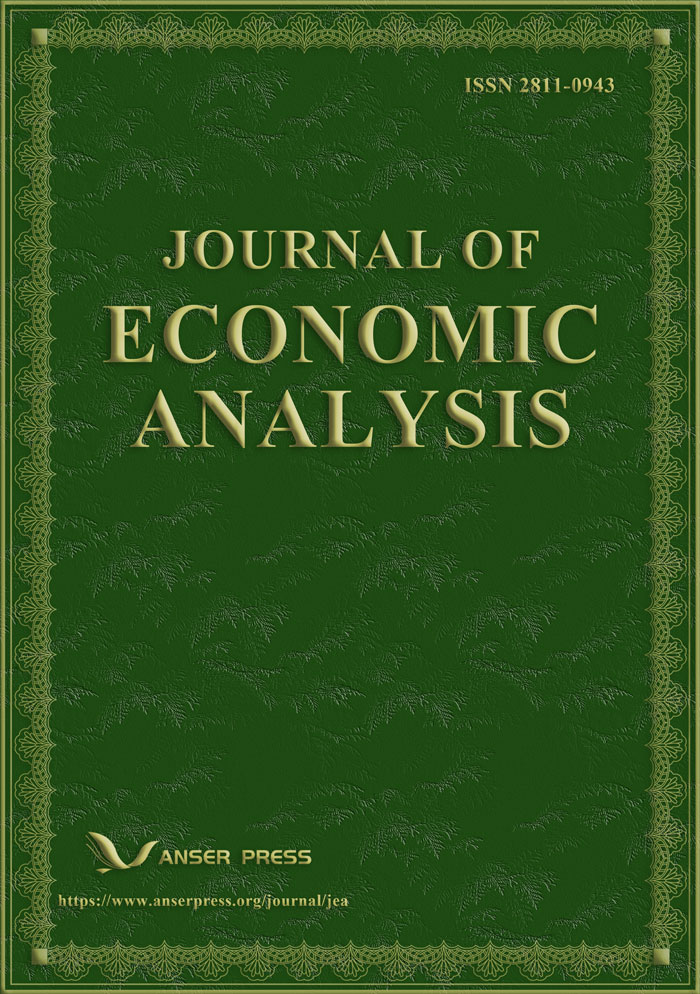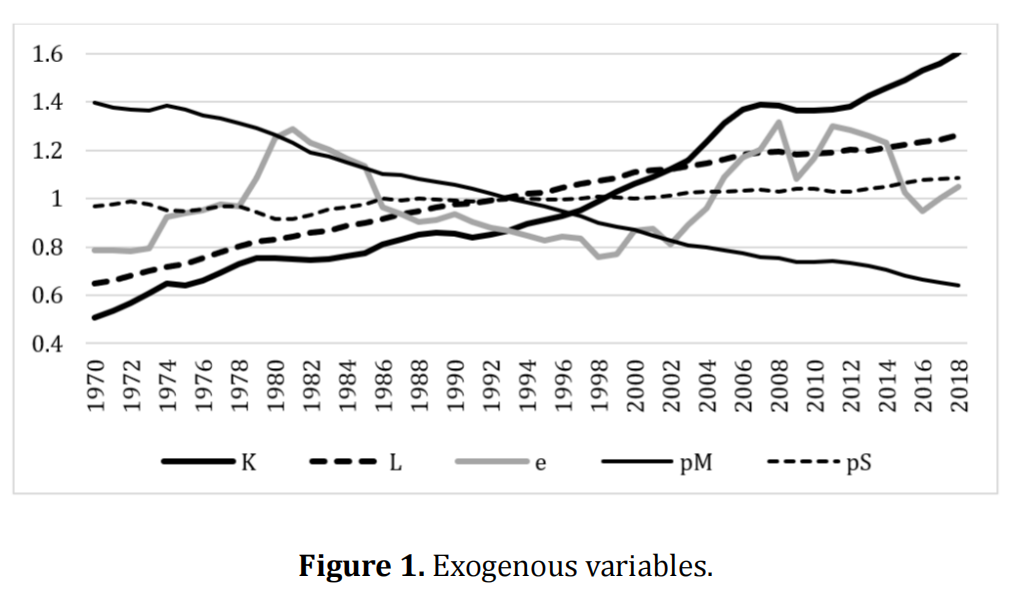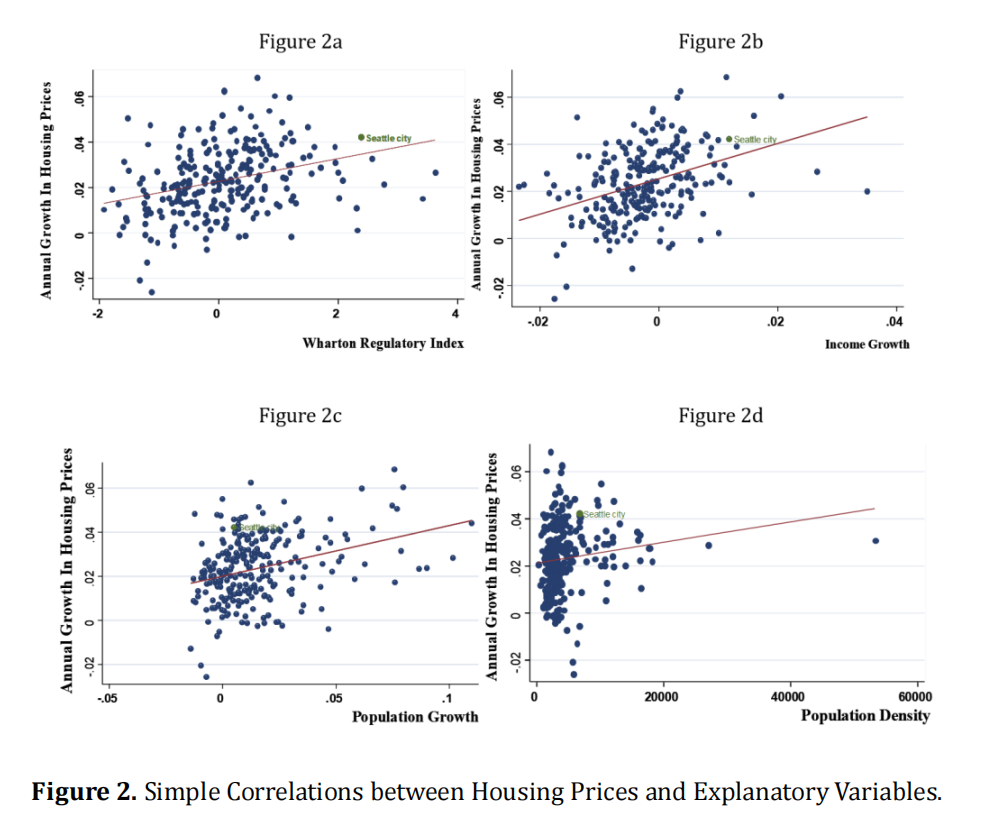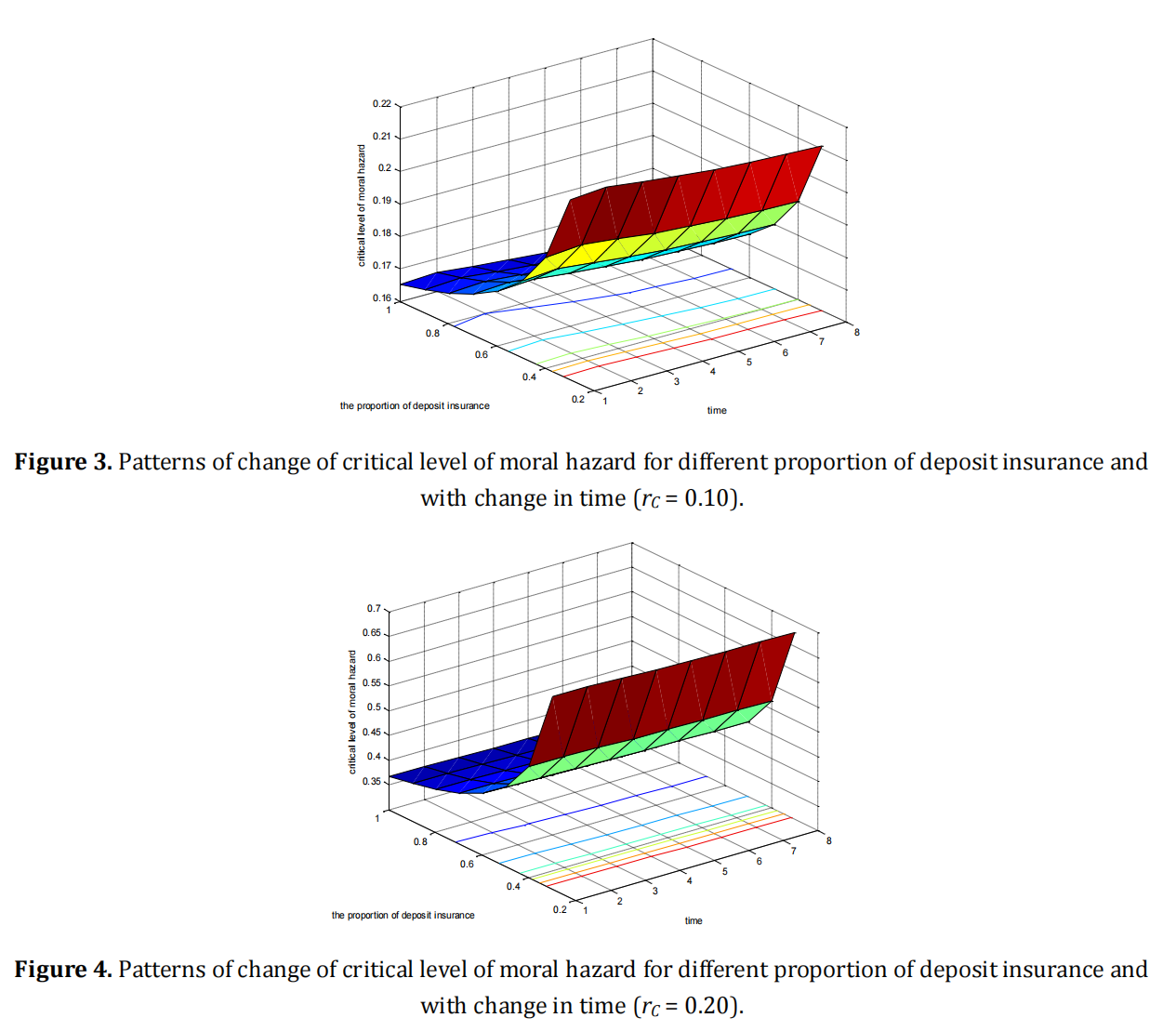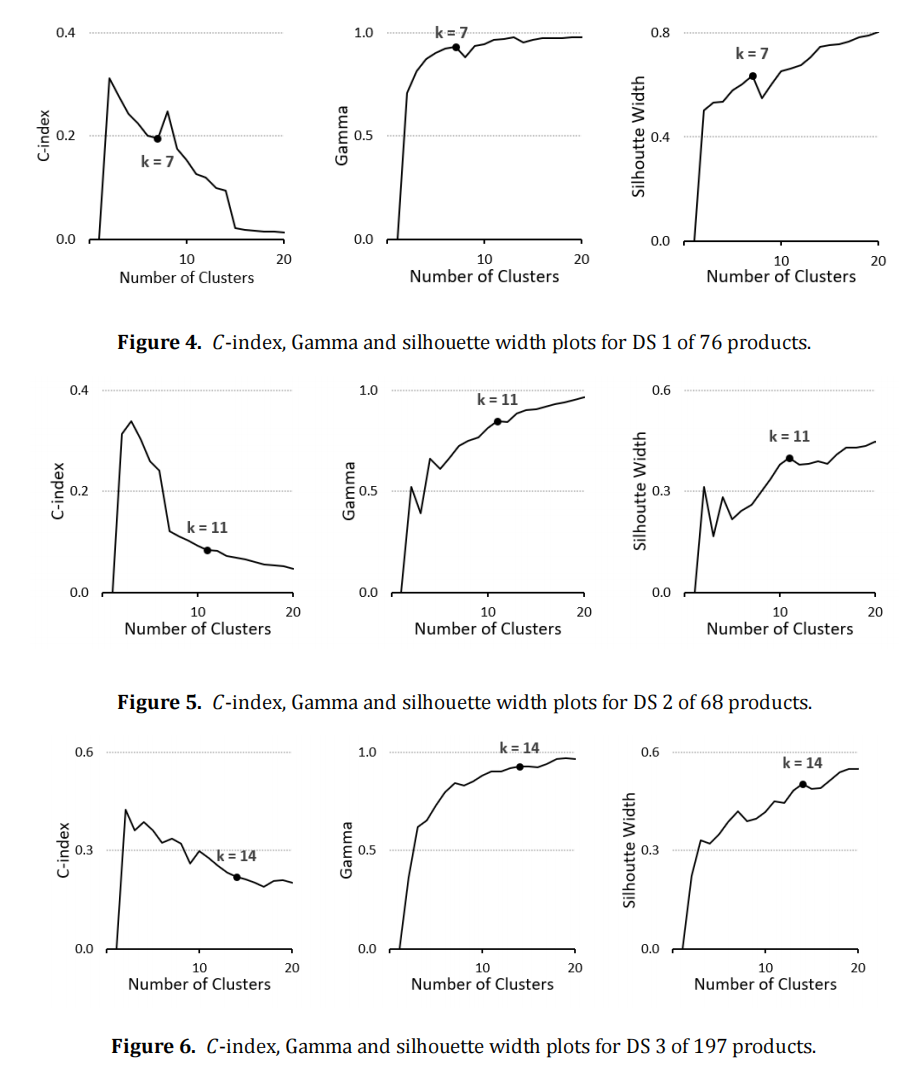Journal Browser
Journal Insights
Frequency: Quarterly
Time to first decision: 2.4 Weeks
Submission to publication: 10 Weeks
Acceptance rate: 26 %
E-ISSN: 2811-0943
Announcements
more >>
28 December 2024
Article Processing Charges (APCs) are waived until the end of 2026
27 November 2024
Journal of Economic Analysis Now Listed in the Committee on Publication Ethics (COPE)
20 November 2024
Call for New Editorial Board Members!
Blog
more >>
8 December 2024
Welcome Address to Alain Bultez as Advisory Board Member
Recommend Articles
Related Journal
